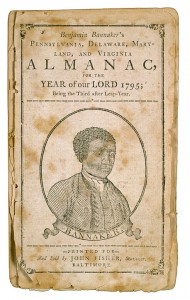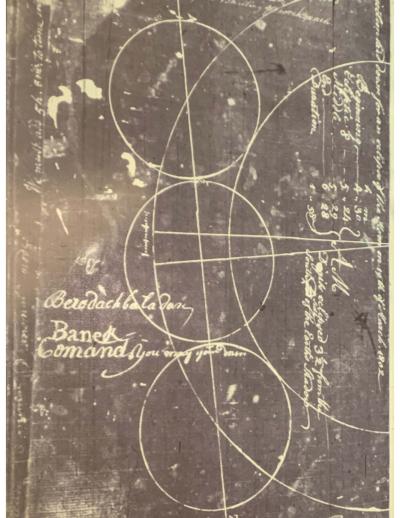UCSB Benjamin Banneker Fellows Coordinated Hiring Initiative
(Banneker Initiative)
In 2023-24, a wide array of UC Santa Barbara departments is partnering with the Office of Diversity, Equity, and Inclusion to launch a special faculty recruitment initiative named after Benjamin Banneker, the 18th-century African American mathematician, astronomer, anti-racist, engineer, ecologist, and peace advocate. With the goal of diversifying faculty, research, and curriculum in STEM (and related) fields, the Banneker Initiative aims to recruit scholars, scientists, and engineers whose disciplinary and interdisciplinary work would take place within the community of interests exemplified by Banneker’s intellectual, ethical, and social commitments as an African American scientist.
Applicants may be selected as fellows in the Benjamin Banneker Initiative. The community of Banneker Fellows will receive additional resources as part of their startup package for cohort building and professional development activities, including enrollment in the National Center for Faculty Development and Diversity Faculty Success Program, proposal writing training, networking opportunities with federal funding agency program directors, and seed grants.

Banneker's Almanac features an annual calendar, statistical information, phases of the moon, astronomical data, and tide tables. Banneker's almanacs were unique because they featured social commentary such as "A Plan of a Peace-Office, for the United States," "Extracts from the Debates in the Last Session of the British Parliament, Apr. 1792," "Extract from Jefferson's Notes on Virginia," and "Extract from Wilkinson's Appeal to England on Behalf of the Abused Africans."
Banneker famously wrote a letter to Secretary of State Thomas Jefferson that critiqued racist ideas and challenged the new nation to end slavery as a consequence of the American Revolution. As a natural scientist, he predicted a solar eclipse, helped survey the future District of Columbia, and published an almanac used by farmers to plant crops and anticipate rainfall that included a Plan for Peace by the noted pacifist philosopher, Benjamin Rush. Deeded a hundred-acre farm by his father, the free-born Benjamin Banneker created a garden on his hundred-acre land without the use of slaves that modeled sustainable living practices. Banneker epitomized what UCSB strives for in the Banneker Initiative; science and engineering for public good— an approach to science and engineering that connects with the search for sustainable ways of living as well as social justice that emerged from the life of this pioneer Black natural scientist in early America.

“In 1789, Banneker began making astronomical calculations that enabled him to successfully forecast a solar eclipse. His estimate, made well in advance of the celestial event, contradicted predictions of better-known mathematicians and astronomers.”
Library of Congress
- For more information, please contact Vice Chancellor for DEI, Jeffrey Stewart (jeffrey.stewart@ucsb.edu)
- Current UCSB faculty job opportunities can be viewed here: https://recruit.ap.ucsb.edu
